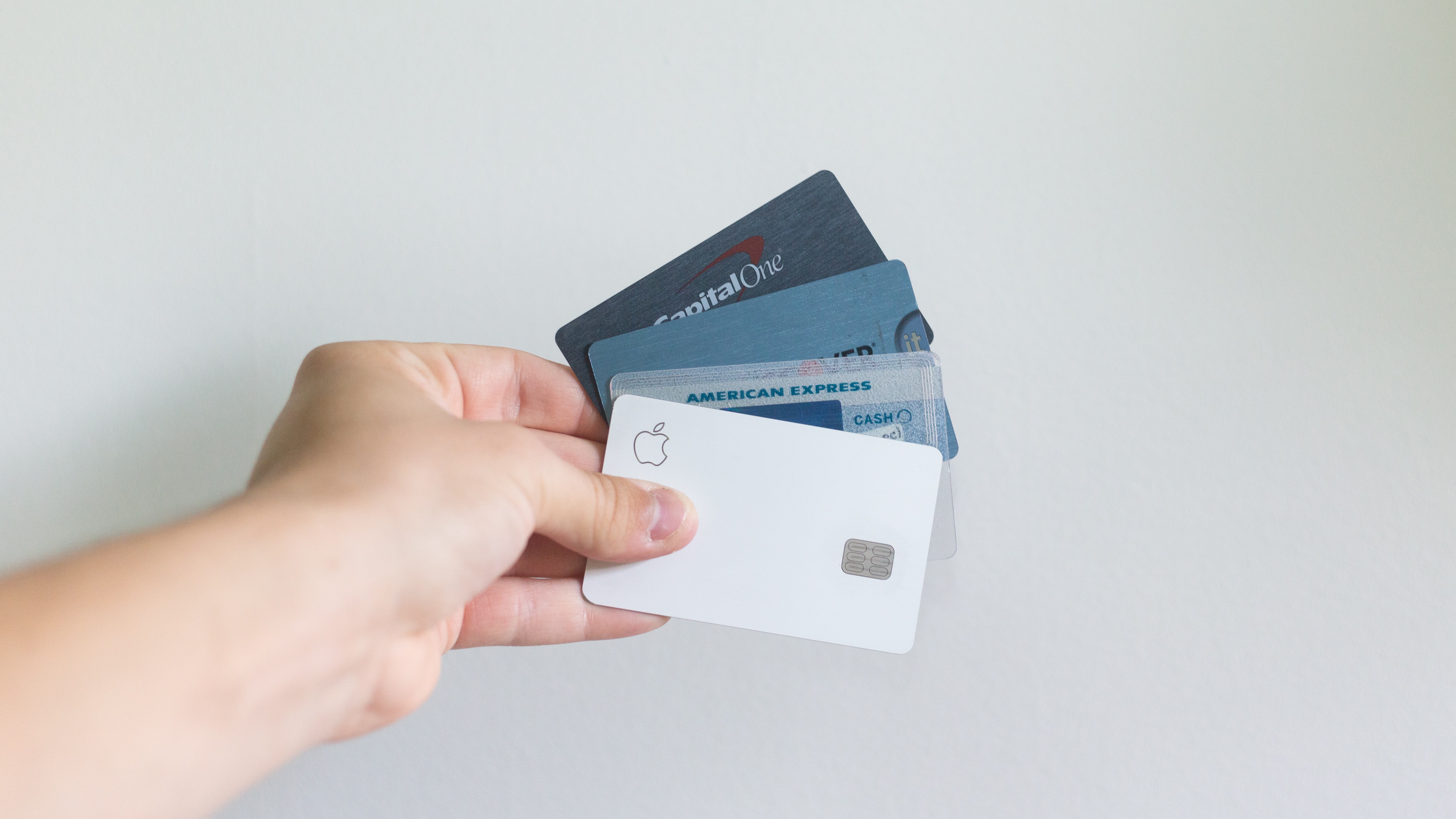
Below are some FAQ about couples and debt resolution:
Do couples become responsible for each other's debts after getting married?
No, your debts are your debts and vice versa; and getting married in and of itself does not automatically make a spouse liable for the other's debts. That said, usually you start sharing finances and buying assets together once you get married. It might make sense to resolve your debts (through debt settlement, Bankruptcy or other options) before getting married so you can go into the marriage with a clean slate. Your attorney can talk to you about the best options.
If I am married, does my spouse have to file for Bankruptcy?
No, if one spouse is on most or all of the debt, the other spouse does not necessarily have to file Bankruptcy. The Bankruptcy will not affect the non-filing spouse’s credit. You will need to make sure both spouses are not liable (responsible) for the debts. Ways to determine who liable for a debt include:
1. Whose name is on the bill?
2. Whose credit report is the debt on? (you would pull 2 separate credit reports to find out)
3. Are you co-signors? (as opposed to having signing authority; if you only have signing authority and did not co-sign the loan/ credit card, you might not be responsible for the debt)
If both responsible for debts, it might make sense to file a joint Bankruptcy case (or whatever your attorney advises is the best option).
Do I need to disclose my spouse’s income if only I file for Bankruptcy?
The Bankruptcy code/ laws require you to disclose/ include all household income. When this law first came out, “all household” (anyone residing in the same house) was construed literally; and Debtors were disclosing even roommate income. As the law was clarified, it came to mean couples married and living together. It can get tricky in some situations such as these:
What if you are not married but living together?
What if you are engaged or newly married and just started sharing finances?
What if you are separating or getting divorced?
What if you are married but do not share income and expenses?
Some couples have been married for many years but they have no idea what their spouse’s financial situation is because they keep their finances separate (live as roommates financially).
If your significant other is not on your debts, the debts were acquired before your relationship, your significant other did not benefit from the debts, and/ or you do not share income and expenses, you might have an argument that your significant other’s income does not need to be included in Bankruptcy. That said, in Bankruptcy, it is always better to “over disclose” so you do not give the impression of trying to hide anything.
If you are required to include your significant other’s income, it is usually not a huge deal. The significant other would not be in Bankruptcy and it will not affect their credit. Usually the SO has his/her own expenses which you would disclose as well, so the income usually balances out to $0 and is a non-issue.
You should discuss your living situation/ relationship status with your attorney to best advise.
Do I need to disclose my non-filing spouse’s assets if only I file for Bankruptcy?
If your spouse bought or acquired the asset before you were married, it is not in your name, and/ or you did not contribute to the purchase, you should have an argument that the asset is protected/ not included in Bankruptcy. Again, in Bankruptcy, it is always better to “over disclose” so you do not give the impression of trying to hide anything.
If you bought the asset together, the asset might still be protected or exempt in Bankruptcy (or another option outside of Bankruptcy might be a better solution for you); you should discuss the situation with your attorney to best advise.
Will my spouse's credit be impacted by my Bankruptcy?
No, your Bankruptcy will not impact your spouse’s credit unless your spouse is on the debt or your credit is needed by your spouse in some way.
How does divorce affect a Bankruptcy case?
This can get complicated but, in short, Bankruptcy and divorce do not mix well. As a general rule, it is usually better to file for Bankruptcy then get divorced; or get divorced and then file for Bankruptcy. As an aside, you have to be married to file a joint case. If you are divorced, you will likely have to file two separate Bankruptcy cases, possibly with 2 separate attorneys.
You should discuss your living situation/ relationship status with your attorney to best advise. Contact our office to discuss.
